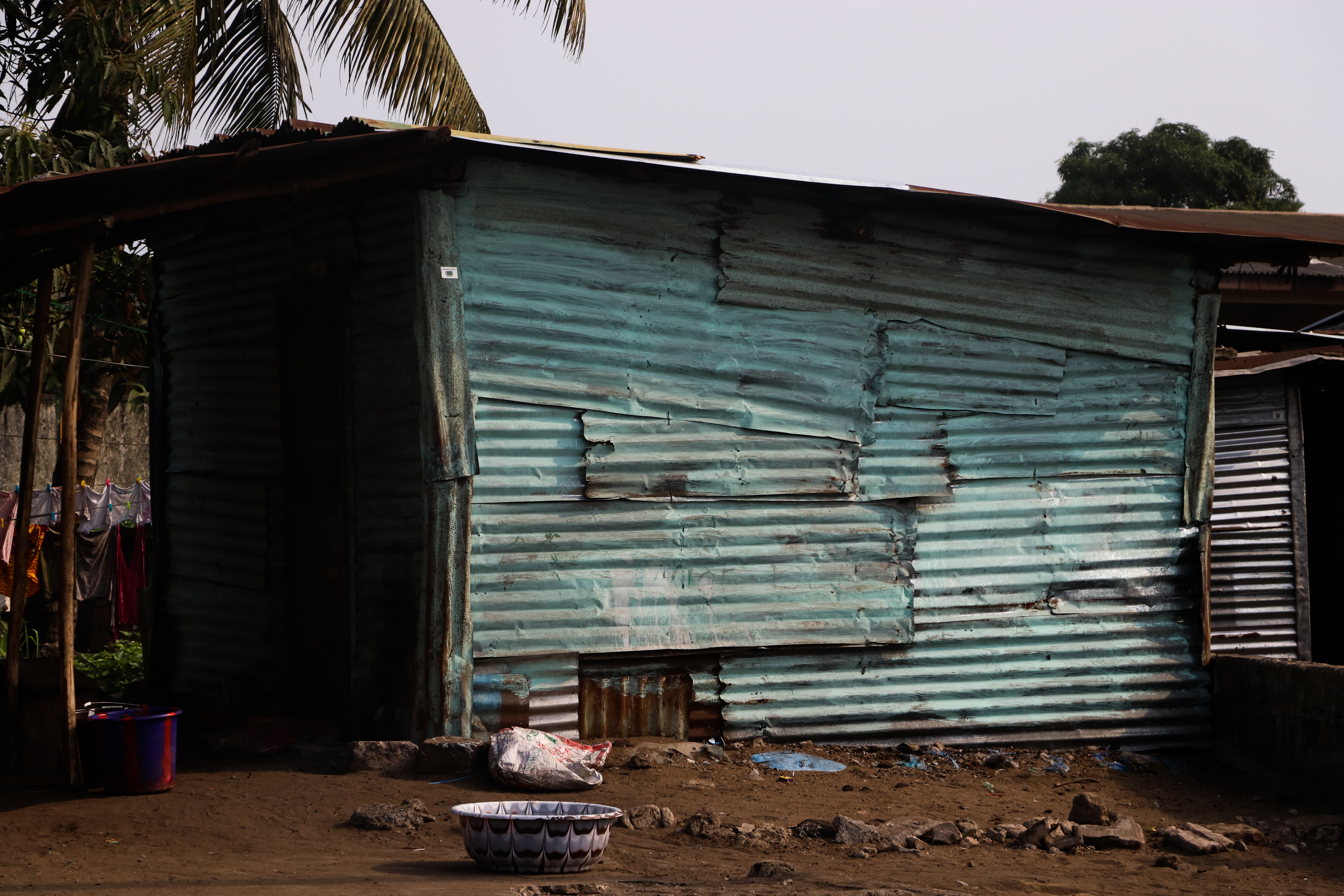- Who We Are
- How We Work
- Regional / Country Initiatives
- Legacy
- Core Themes
- Working Groups
- Portfolio & Results
- Newsroom
- Resources
World Habitat Day

The United Nations designated the first Monday of October every year as World Habitat Day, to reflect on the state of our towns and cities, and on the basic right to adequate shelter for all.
Observance of the World Habitat Day
The United Nations designated the first Monday of October every year as World Habitat Day, to reflect on the state of our towns and cities, and on the basic right to adequate shelter for all. It also serves as a reminder that we all have the ability and responsibility to help shape the future of our cities and towns.
This year’s World Habitat Day theme is Housing For All: A Better Urban Future. The event presents the opportunity to engage in a global discussion on the impact of COVID-19 on the housing sector and we can build back better by leveraging the role of housing as a catalyst for delivering human rights and as a foundation of people’s wellbeing.
Housing is a fundamental human right. It has also been central in our battle against the spread of the COVID-19 virus where it can be a matter of life and death. The spread of COVID-19 is spotlighting as well as exacerbating a pre-existing global housing crisis. Without adequate housing, it is impossible to carry out social distancing and good hygiene practices – and around 1.8 billion people, or more than 20 percent of the world’s population, lack adequate housing. There are 1 billion people living in informal settlements and slums and more than 100 million people are homeless. By 2030, the numbers of people in inadequate housing could increase to 3 billion.
People living in inadequate housing conditions - in slums and informal settlements - are hit hardest during the COVID-19 crisis. In addition to the stressful home stay environment in small and crowded housing, the disruption of social and protective networks and decreased access to services increase the risk of violence for women and children. The absence of basic services and the prevalence of stress and unhealthy living conditions also contribute to poor health.
Throughout the pandemic, many local and national governments have put in place mechanisms to protect those who are most vulnerable, including measures to address homelessness and evictions, as well as the provision of basic sanitary services. However, long-term interventions focusing on reviewing the current approaches to housing and land are crucial, as they could significantly shape the success or failure of urban areas to respond to extreme events and future post-disaster recovery. Housing is as central to the character, shape and socio-economic vibrancy of cities as to public health outcomes.
World Habitat Day 2020 presents the opportunity to engage in a global discussion on the transformative impact of COVID-19 on the housing sector and to explore how to build societies back better, by leveraging the role of housing as a catalyst for progressively delivering human rights and as a foundation of people’s wellbeing. Issues around housing must be at the centre of sustainable and inclusive urban development. COVID-19 has brought the housing paradox into sharp relief – at a time when people are in urgent need of shelter, millions of apartments and houses sit empty.
Inclusive, affordable and adequate housing is the key to sustainable transformation of our cities and communities. Sustainable Development Goal 11 aims for resilient, inclusive, safe, diverse cities by 2030 and one of the targets is access to adequate, safe and affordable housing and basic services for all by 2030 and the upgrade of slum. The pandemic offers new opportunities for all stakeholders to participate.
Round Table 3: Housing at the centre of the COVID19 response
Anacláudia Rossbach, Cities Alliance Regional Manager – Latin America and Caribbean, will represent Cities Alliance at the Round Table 3 on the “Housing at the centre of the COVID19 response”. The discussion will centre around the impact of COVID-19 and the importance of adequate housing in the context of emergency responses and lockdowns. While emergency action has been taken by local and national governments in coordination with other stakeholders, the future inclusiveness and resiliency of cities will depend on how governments and other stakeholders position housing as a priority at the centre of the recovery.
The COVID-19 crisis has created a unique global momentum which has demonstrated that it is possible to provide housing for all, increasing the overall sustainability of the housing sector. The pandemic also presents opportunities to restructure how we design and implement policies, as well as decide on priorities for a future that will undoubtedly see more system shocks. Lessons can be learnt from this crisis to shape a new normal which will be prepared to respond in an agile way to future shocks and that is built around the idea that housing is at the cornerstone of people’s wellbeing and cities’ resilience.




